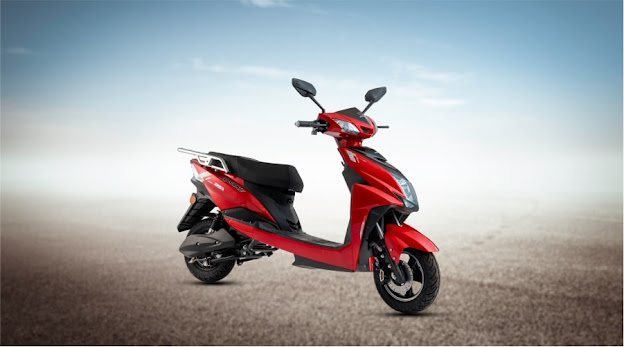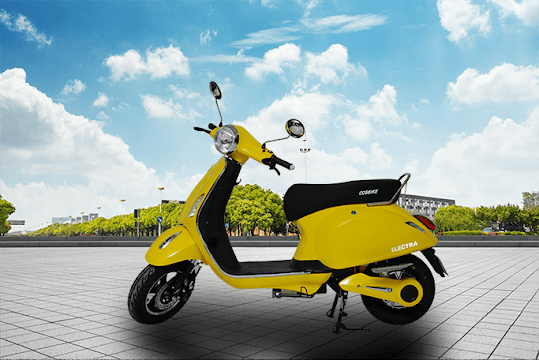The Environmental Impact Of Electric Two-Wheelers: Going Green With Cosbike
In an era where sustainability is paramount, the transportation industry has undergone a significant transformation. Electric two-wheelers cosbike , including motorbikes and scooters, have emerged as the eco-friendly alternative, paving the way for a cleaner and greener environment. In this blog, we delve into the environmental benefits of electric two-wheelers, shedding light on their pivotal role in mitigating climate change and ushering in a cleaner future.
1. Zero Emissions:
Unlike their fossil fuel-powered counterparts, electric two-wheelers produce zero tailpipe emissions. Traditional gasoline vehicles contribute to air pollution and climate change through particulate matter, nitrogen oxides, and carbon dioxide emissions. Electric two-wheelers, powered by electricity, operate without harmful emissions, significantly reducing air pollution and combating climate change.
2. Reduced Greenhouse Gas Emissions:
A crucial aspect of fighting climate change is curbing greenhouse gas emissions. Electric two-wheelers, drawing power from renewable energy sources like wind and solar, play a vital role in this endeavor. As the electricity grid becomes cleaner, these vehicles emit fewer pollutants, making them an environmentally responsible mode of transport.
3. Energy Efficiency:
Compared to conventional internal combustion engine vehicles, electric two-wheelers boast remarkable energy efficiency. Electric motors convert a higher percentage of electrical energy into motion, requiring less energy to cover the same distance. This enhanced efficiency reduces their overall environmental impact.
4. Reduced Noise Pollution:
Electric two-wheelers not only address air pollution but also contribute to reducing noise pollution. Operating quietly, these vehicles create a more serene urban environment. The decrease in noise pollution enhances the overall quality of life for riders and the general public alike.
5. Materials and Resource Efficiency:
Electric two-wheelers are designed with lightweight materials and efficient resource usage. Battery technology, a critical component, is continually being improved to minimize raw material usage and enhance recycling processes. These efforts align with sustainable practices, ensuring minimal environmental impact.
6. Long-Term Sustainability:
As the world shifts towards renewable energy and heightened sustainability awareness, electric two-wheelers align seamlessly with long-term environmental objectives. Embracing sustainable transportation solutions is crucial to safeguarding the environment for future generations.
7. Promotion of Active Transportation:
Electric two-wheelers encourage active travel, fostering healthier lifestyles. By offering an alternative to driving for short to medium distances, they alleviate traffic congestion and its associated environmental challenges.
Conclusion:
Electric two-wheelers stand as a beacon of hope in the pursuit of environmental preservation. Beyond individual convenience, they contribute significantly to public health, environmental protection, and the fight against climate change. With advancing technology and the growing adoption of renewable energy, electric two-wheelers are poised to become the preferred choice for commuters worldwide. It is imperative for individuals, businesses, and governments to champion and invest in this innovative mode of transportation, ushering in a cleaner and greener future for all.




Comments
Post a Comment